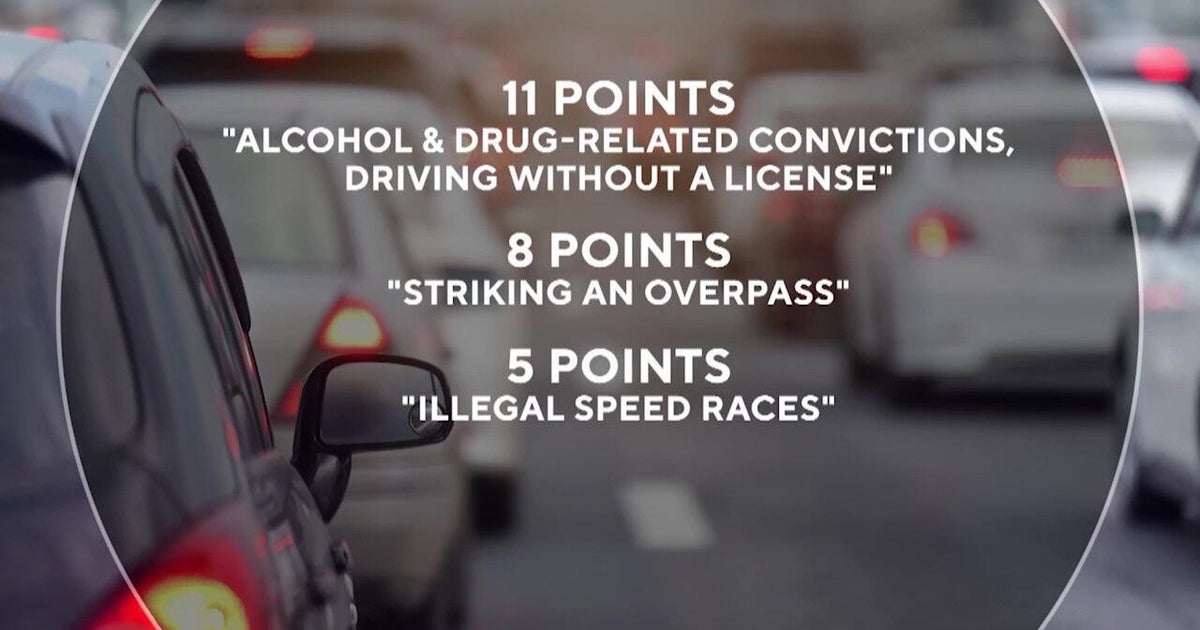American College Of Physicians Issues New Blood Sugar Recommendations For Type 2 Diabetics
NEW YORK (CBSNewYork) -- In a surprising move Monday, a major medical organization recommended that some diabetics allow their blood sugar to remain above ideal levels.
They say the side effects of tight sugar control may cause more problems than it prevents.
Doctors know that keeping blood sugar within a narrow range is what helps prevent the terrible consequences of diabetes -- amputations, blindness, kidney damage, heart disease, and strokes. The way doctors can tell how well-controlled a diabetic is is with a blood test called A1C, which measures a person's average blood sugar level over the previous two or three months.
An AIC above 6.5 is considered diabetes. But now, the American College of Physicians is recommending that people with type 2 diabetes raise their target A1C number from around seven up to eight, normally considered too high.
"Treatment with drugs targeted to seven percent in contrast to eight percent does not prevent heart attacks or strokes, but it does result in substantial harm including low blood sugar, increased medication burden, and increased cost," Dr. Jack Ende said.
The statement in the Annals of Internal Medicine explains that more intensive blood sugar control may not actually achieve the prevention of complications from the somewhat higher numbers.
"The evidence for reducing serious complications was inconsistent," Dr. Ende said. "It was limited only to reducing less serious complications such as excess protein in the urine."
Still, the group recommends that patients and their doctors personalize their goals for blood sugar control based on a discussion of benefits and harms of drug therapy, patients' preferences, general health, life expectancy, treatment burden, and costs of care.
"The ACP recommendations were based on drug therapy, but if a patient can achieve low A1C levels with lifestyle modifications such as diet, exercise, and weight loss, then those targets are appropriate," Dr. Ende said.
Achieving the lower A1C numbers often requires taking more than one drug or higher doses, which raises the risks of sometimes driving blood sugar too low which can be very dangerous.
The new recommendations are limited to type 2 diabetics, and don't give the OK for diabetics to let their sugar soar. It still needs to be controlled, just perhaps not as tightly as previously thought.







